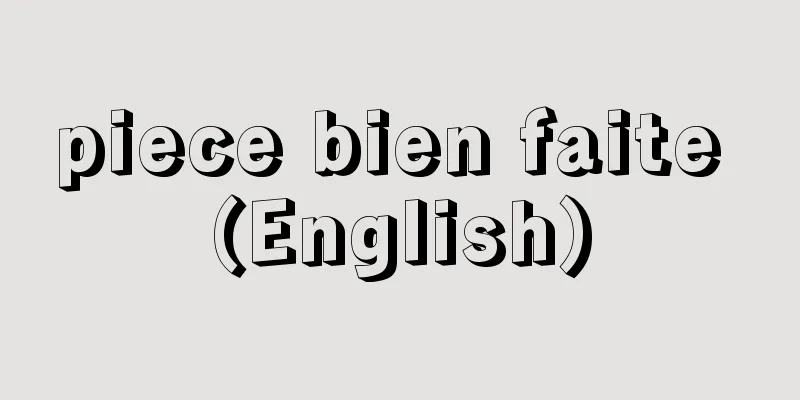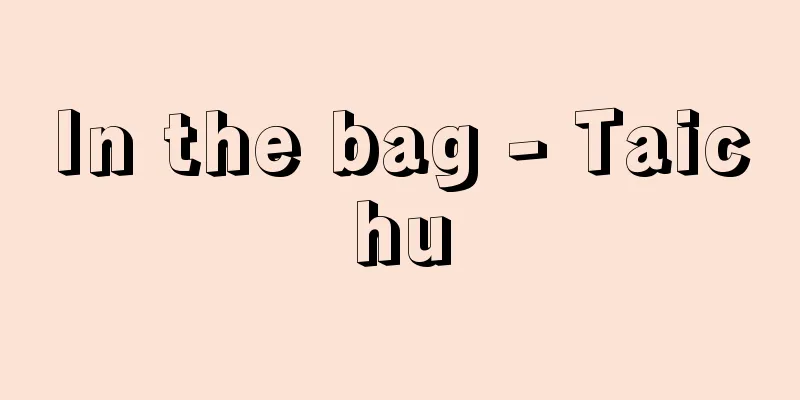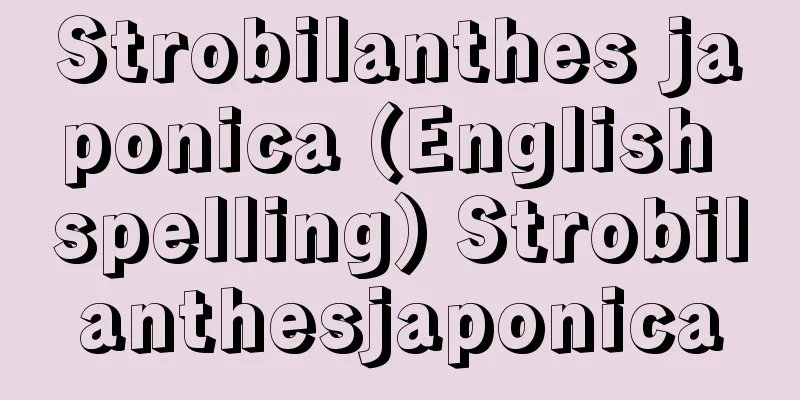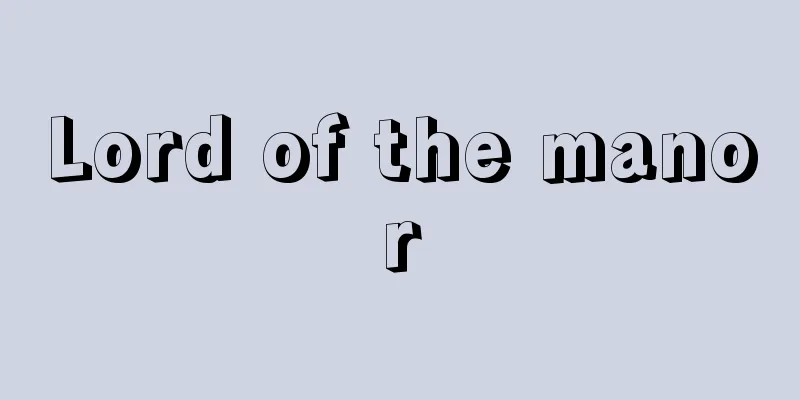Eid (Esperanto) - Eid
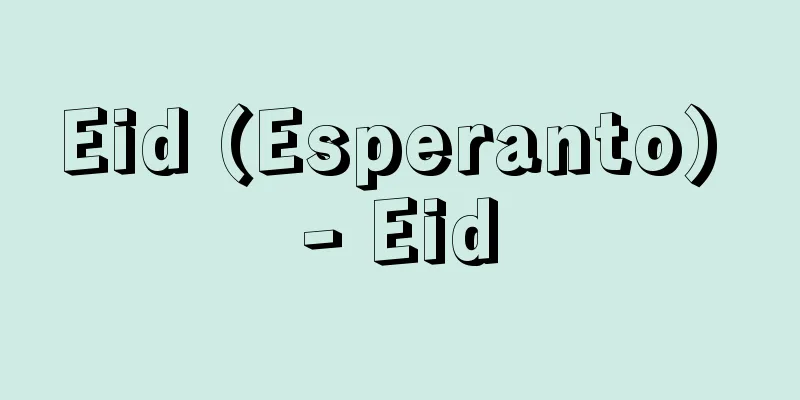
|
…However, contrary to the ideals of its creator, its current use is very limited. “Ido” (meaning “successor” in Esperanto, introduced by L. de Beaufort in 1907) was also unsuccessful. *Some of the terminology explanations that mention "Eid (Esperanto)" are listed below. Source | Heibonsha World Encyclopedia 2nd Edition | Information |
|
…しかし,それも創始者の理想に反して,現在の使用範囲はごく限られている。〈エスペラント〉の改良案として作られた〈イードIdo〉(エスペラントで〈後継者〉の意。1907年にL.deボーフロンが発表)も成功しなかった。… ※「イード(エスペラント)」について言及している用語解説の一部を掲載しています。 出典|株式会社平凡社世界大百科事典 第2版について | 情報 |
<<: Water strider - Water strider (English spelling)
>>: Intention - Ito (English spelling) Absicht; intention
Recommend
Odd-toed ungulates
An order of ungulates in the mammalian class, Per...
Mount Kongo
<br /> A mountain in Gose City, Nara Prefect...
Flores, JJ
…After a series of internal conflicts, Colombia l...
Peter and the Wolf - Peter and the Wolf (English) Петя и Волк/Petya i Volk Russian
This is an orchestral piece with narrator (opus 6...
Rayon - Rayon (English spelling)
Formerly known as rayon (artificial silk thread) ...
Immediate Compulsion - Sokujikyosei
It refers to the action of administrative agencie...
Hitoyoshi-so
This manor was located in Kuma County, Higo Provin...
Book of Lindisfarne
This is an early Irish-Saxon large-scale illuminat...
Old Guan - Kanroya
…The belief in Guandi began in the Tang Dynasty, ...
Demolition method - Kaitai Kouhou
Every building has its own lifespan. As the materi...
Absorption mouthparts
…Looking at the mouthparts, in the case of grassh...
Three Principles of the People
A political theory advocated by Sun Yat-sen, the ...
Opium poppy (English spelling)
A biennial plant of the Papaveraceae family (illus...
Inoue Shunsuke
1707-1772 A Go player from the mid-Edo period. Bo...
Collision
A phenomenon in which two objects gradually appro...

